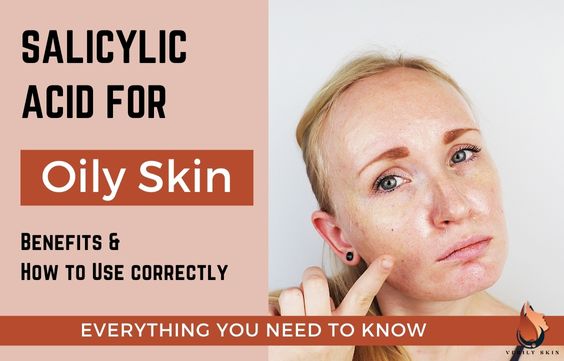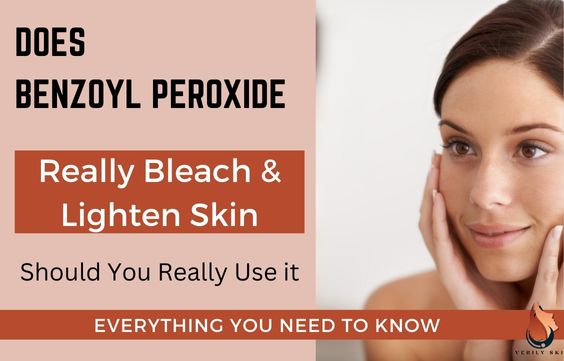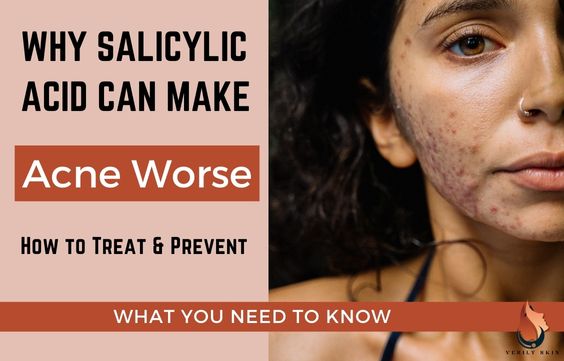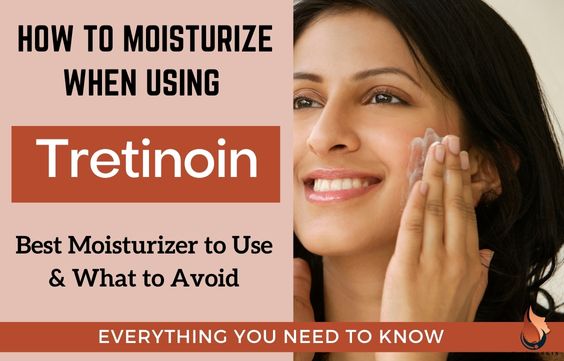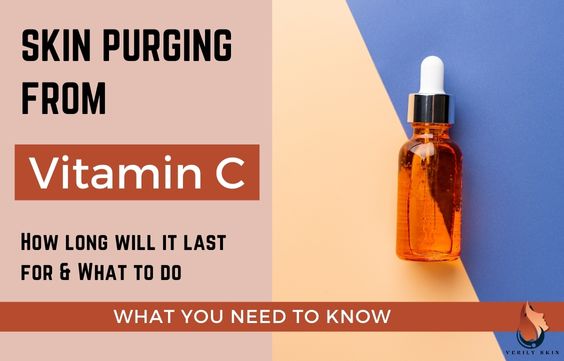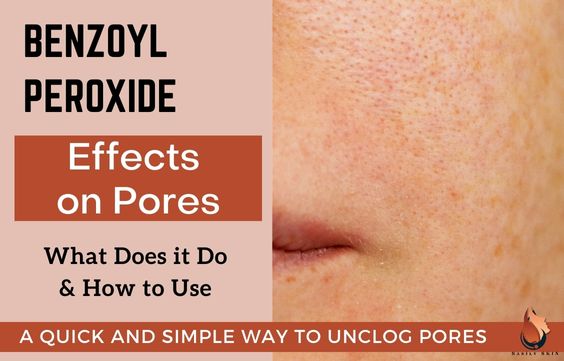Can Benzoyl Peroxide Make Acne Worse: What To Expect & Do
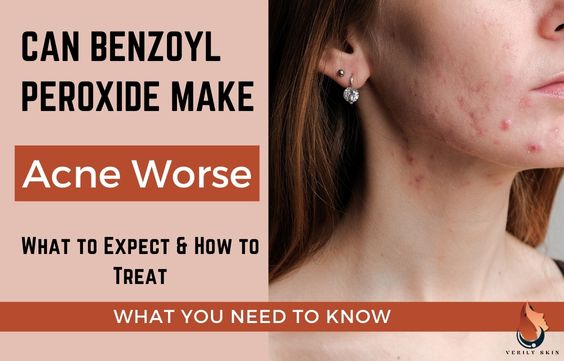
Benzoyl Peroxide is almost the holy grail of acne treatment around the world. However, some people report that it seems to make their acne worse instead.
Is this possible? Does this magic ingredient have the ability to make your acne worse?
Can Benzoyl Peroxide Really Make Acne Worse
Benzoyl peroxide is not expected to make your acne worse, but it may cause a temporary reaction that resembles acne.
There are different forms of acne and some of them react differently to different kinds of treatments.
Benzoyl Peroxide is often hailed as one of the most versatile acne treatments available. It unclogs pores, manages oil production, and lifts dead skin cells off the surface of the skin.
However, some people may experience adverse reactions which may resemble an acne flare-up.
Now one of the most important things you need to do when using Benzoyl Peroxide is to moisturize correctly, you can click here to read how and what I recommend using.
Why It Seems Like Acne Gets Worse With Benzoyl Peroxide
Some people may experience sensitivity reactions, allergic reactions, or skin purging which may all resemble an acne flare-up or a breakout.
Keep in mind that acne is a condition that occurs when your pores and hair follicles become clogged with oil, dead skin cells, debris and bacteria.
The reactions that may occur include:
1- Skin Purging
Some clogs can lay dormant under the skin and only rise when enough skin cells have been shed to bring them to the surface. Benzoyl peroxide increases the rate of regular skin cell turnover, bringing these to the surface faster.
This is called skin purging and may resemble an acne flare-up or break-out.
If you think you are purging click here to read my article: Benzoyl Peroxide Skin Purge – Everything You Need To Know
2- Sensitivity Reaction
On the other hand, if you use benzoyl peroxide in a concentration that is too strong for your skin, or you use it too often, you may be saturating your skin with too much too fast.
This may cause your skin to have a sensitivity reaction that can appear as little bumps that look like cystic acne.
However, sometimes even the mildest formulation can be too much for some people’s skin, no matter how careful they are. They may need to find an alternative treatment.
How Long To Leave Benzoyl Peroxide On & How Often To Use
3- Allergic Reaction
An allergic reaction to benzoyl peroxide will most likely show up as bumps that look like hives rather than acne lesions, but some people still mistake the two.
These bumps will be raised, red and itchy.
If you experience difficulty breathing, dizziness, feel like you’re going to faint, or have severe confusion, please seek medical attention right away.
Click here to learn more about Benzoyl Peroxide Allergy: How To Spot & Treat
What To Do If Benzoyl Peroxide Seems To Make Acne Worse
Your best bet if benzoyl peroxide seems to be making your acne worse is to see your dermatologist.
It is more likely that you are either purging, having an allergic reaction, or having a sensitivity reaction.
If you are unable to tell the difference, a dermatologist will be able to and will be able to either tailor the way you are using your benzoyl peroxide or determine if you should stop using it.
Allergic reactions will need to be treated with topical antihistamines.
Sensitivity reactions can be treated and managed by lessening the concentration and frequency of benzoyl peroxide.
However, purging is usually self-limiting.
Did you know that Benzoyl Peroxide can Treat Acne Scars & Dark Spots, click here to learn more
Related Article – Benzoyl Peroxide Soap: Benefits, Side Effects & Best Ones
Common Side Effects Of Benzoyl Peroxide
The most common side effects of benzoyl peroxide are:
Dryness
Since benzoyl peroxide removes excess oil from the skin, it can cause the skin to become a little too dry. This can be easily treated by using a lightweight moisturizer that will not clog your pores.
Can You Leave Benzoyl Peroxide on Overnight: Is it Safe
Peeling and/or flaking
Especially when just starting benzoyl peroxide, many people experience peeling and flaking. This can be easily managed by using the product gradually and working your way up slowly from the mildest concentration and limited use.
Redness and Irritation
Some people experience mild to moderate redness just after applying benzoyl peroxide to their skin. This usually resolves in a few minutes or hours. If you notice that your skin is becoming too red and irritated, use a milder concentration of the ingredient.
If redness lasts more than a few hours or your face begins to swell, seek medical attention immediately.
Itching, Burning and/or Stinging
It is normal for you to experience mild burning and/or stinging when you first apply benzoyl peroxide to your skin. This should go away in a few minutes. You may even experience some itching at the same time, or a few minutes to hours after application.
If either of these symptoms lasts more than a few hours or becomes too intense, wash the product off your face with clean water and seek medical attention right away.
Bleached Clothing and Fabrics
Organic peroxides like benzoyl peroxide are also used to bleach teeth, hair, and flour in addition to treating acne. If you use benzoyl peroxide, keep in mind that it can bleach your hair, towels, clothes, and bedding.
Here are some great tips about using benzoyl peroxide for acne:
Benzoyl Peroxide for Acne
When You Should Stop Using Benzoyl Peroxide
You should stop using benzoyl peroxide if you have an allergic reaction to it, if your symptoms last more than 4-6 weeks, or if your skin is becoming too irritated no matter how you use it.
Everyone’s skin is different and benzoyl peroxide may not be right for everyone.
If you are using it and your acne is not getting any better, you may need a different kind of acne treatment. This will most likely depend on your skin and the kind of acne that you have.
On the other hand, if you notice that your side effects are not resolving when they should or getting worse, you should stop using benzoyl peroxide and see your dermatologist for advice on what your alternatives are.
Sources:
Benzoyl Peroxide for Acne: How it Works and How to Use It

